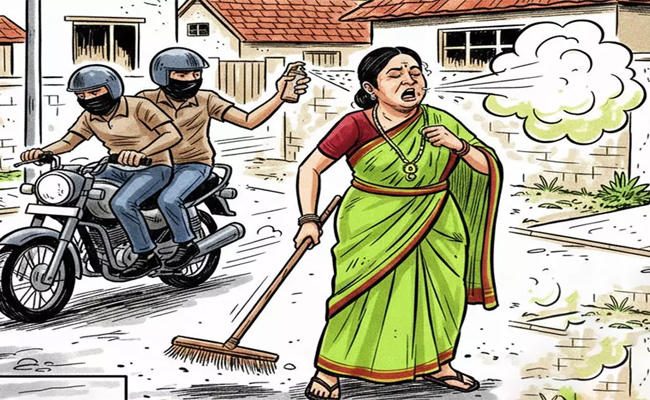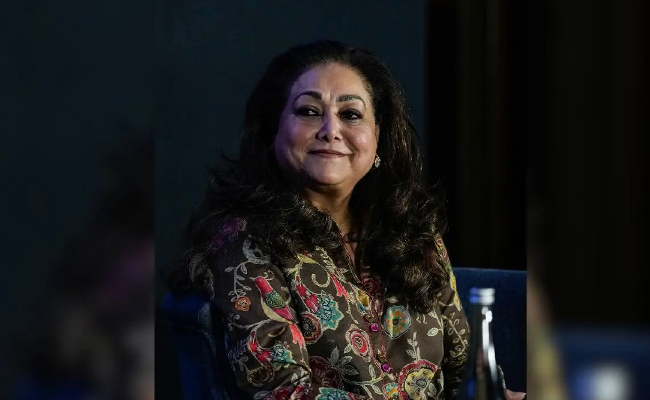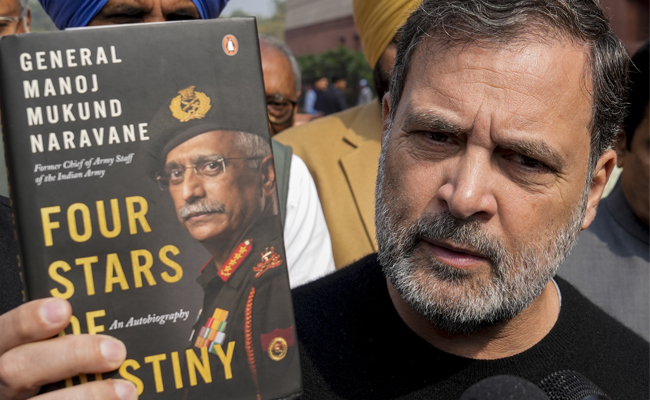Mumbai: A new research report has highlighted the significant challenges women face when it comes to menstruation-related health care, with over 90 percent of women avoiding consultations due to a shortage of female doctors.
The report, titled 'Combating The Silence From Menarche To Menopause,' was launched on Friday by the Sulabh Sanitation Mission Foundation (SSMF) in Mumbai. According to the report, as cited by The Hindu, a staggering 91.7 percent of older women skip seeking medical advice for menstruation-related concerns, mainly because of the lack of women doctors.
This lack of access to proper healthcare extends beyond consultations, as the study also found that girls are reluctant to use school restrooms during menstruation due to unhygienic conditions. Many school restrooms are without basic necessities such as water, soap, or even doors, which deters girls from using these facilities.
The revealed revealed that the poor state of menstrual hygiene management in schools force girls to miss school during their menstrual cycle, with some missing up to 60 days annually.
“We want a holistic approach to managing menstrual hygiene. It is a circle, missing schools lead to dropouts, then forces marriage and further restricts them from participating in the economy,” Nirja Bhatnagar, National Director of Program and Advocacy at Sulabh International Social Service Organisation, was quoted as saying by The Hindu.
The study focused on menstruating women in 14 districts across India, including Maharashtra, where researchers studied the conditions in Beed and Dharashiv districts. It shed light on the struggles faced by women, including those who migrated, working in sugarcane fields, brick kilns, mines, and factories.
The findings revealed that 89.9 percent of women in Beed did not view period-related issues as serious, and 70.4 percent of women in Dharashiv felt that doctors are out of reach to treat their problems. Additionally, the report raised concerns about the issue of hysterectomies—surgery to remove the uterus—among migrant women workers.
The report underscored the dire need for better facilities, education, and healthcare to address the ongoing struggles women face in managing their menstrual health, particularly in rural and migrant communities. The study also provided several recommendations for improvement, including implementation of menstrual hygiene management programs that are tailored to the local demographics.
Let the Truth be known. If you read VB and like VB, please be a VB Supporter and Help us deliver the Truth to one and all.
Bengaluru: A 45-year-old woman in Huskoor village near Nelamangala of Bengaluru Rural district reportedly collapsed and died after chain snatchers on a motorbike sprayed a chemical on face during an attempt to steal her wedding chain.
On Monday morning, the deceased woman, identified as Jyothi, is learned to have been sweeping the front yard of her house when two miscreants, who came down the road in front of her house, sprayed a chemical on her face. Jyothi immediately fell and the miscreants snatched her 70-gram chain and escaped from the spot.
The neighbours rushed Jyothi to a private hospital in Nelamangala, but the doctors who examined her declared her dead. The body has been taken to Victoria Hospital in Bengaluru for a post-mortem examination.
Madanayakanahalli Police officers visited the spot and held an inspection, after which, they registered a case.
Investigation of the case is underway.





